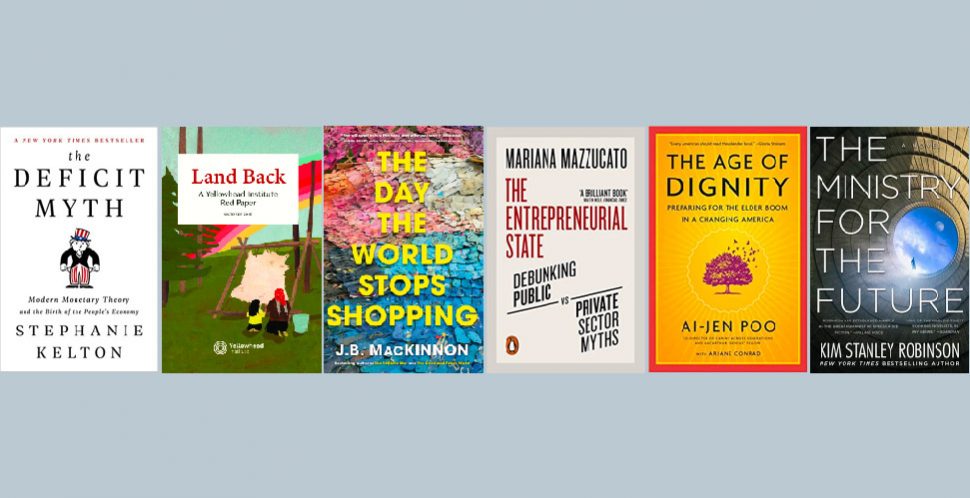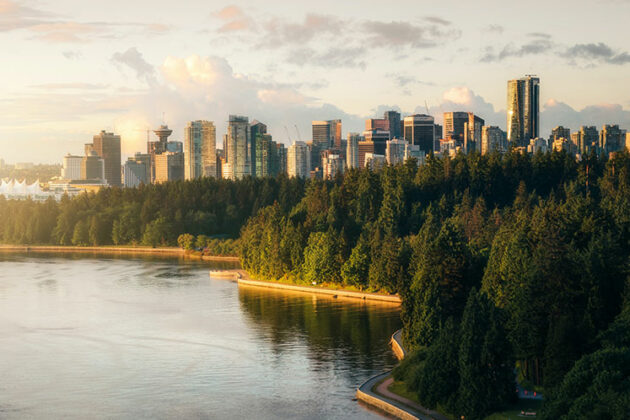Who says beach reads can’t be educational?
We’re taking these six economic-inspired books on our summer travels… and you should, too. After all, the economy is central to our lives, and inextricably connected to hot-button issues like climate change and reconciliation. Don’t you think it’s time to learn what it’s all about?
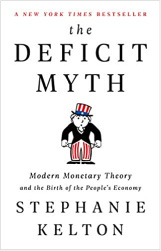
The Deficit Myth: Modern Monetary Theory and the Birth of the People’s Economy
By Stephanie Kelton | Go to book
How do we deal with crucial issues like poverty, inequality, climate change and healthcare without struggling to find money to support our cause? This book busts through the myths preventing us from taking action (contrary to popular belief, deficits will not harm the next generation). Instead, using modern monetary theory – which presents new ways of understanding money, taxes and deficient spending – we can reimagine politics and the economy, and move from scarcity to opportunity.
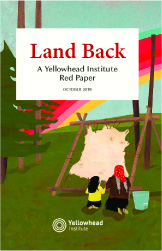
Land Back: A Yellowhead Institute Red Paper
By the Yellowhead Institute | Go to book
This report breaks down the current status of systemic land dispossession in Canada, focusing on alienation through resource extraction. Readers will learn how Indigenous consent is ignored, coerced or enforced; recognize the limitations of land rights offered by the Crown and industry; and uncover why Indigenous jurisdiction matters amid the urgency of the ongoing climate crisis.
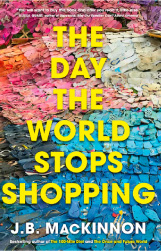
The Day the World Stops Shopping
By J.B. MacKinnon | Go to book
This work of imaginative nonfiction asks what would happen to our economy, ecology, products and selves if the global population reduced or eliminated shopping. MacKinnon addresses the paradox between the economy’s requirement that we consume exponentially more – to prevent unemployment, bankruptcy and home foreclosures – and the environment’s need for us to consume drastically less, to prevent further damage to the earth’s resources. Throughout the book, he shares perspectives from economists, climate scientists, corporate CEOs and other experts of how living with less can lead to lasting change – and surprising gain.
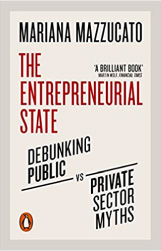
The Entrepreneurial State
By Mariana Mazzucato | Go to book
This book addresses the stereotype of the lumbering, bureaucratic state versus the dynamic, innovative private sector – to surprising conclusions. Employing case studies from IT, biotech, nanotech and green tech, Mazzucato reveals how the private sector tends to invest only after an entrepreneurial state has paved the way by making high-risk investments (for example, every “smart” technology found in the iPhone was originally government funded, including the internet, GPS, and everyone’s favourite companion Siri). Ultimately, the book discusses how we must change the dysfunctional dynamic between state and private sector to promote smart and inclusive economic growth.
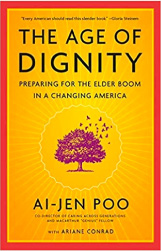
The Age of Dignity: Preparing for the Elder Boom in a Changing America
By Ai-jen Poo | Go to book
Did you know the fastest-growing demographic in the US is 85-plus? In this book, thought leader and activist Ai-jen Poo gives us several wake-up calls about the elderly, including the fact there are more senior citizens in the US than any time in history. The book provides a roadmap for how countries can become caring nations, increasing opportunities for women, immigrants and unemployed residents while supporting quality of life for an unprecedented number of elderly residents.
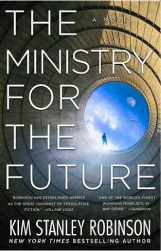
The Ministry for the Future
By Kim Stanley Robinson | Go to book
Science fiction author Kim Stanley Robinson paints a harrowing picture of climate change, using fictional eyewitness accounts to share our imagined journey towards a desolate, postapocalyptic world. Inside, readers will find hard science and international politics married with poignant prose and a chilling (and all-too-real) concept.
